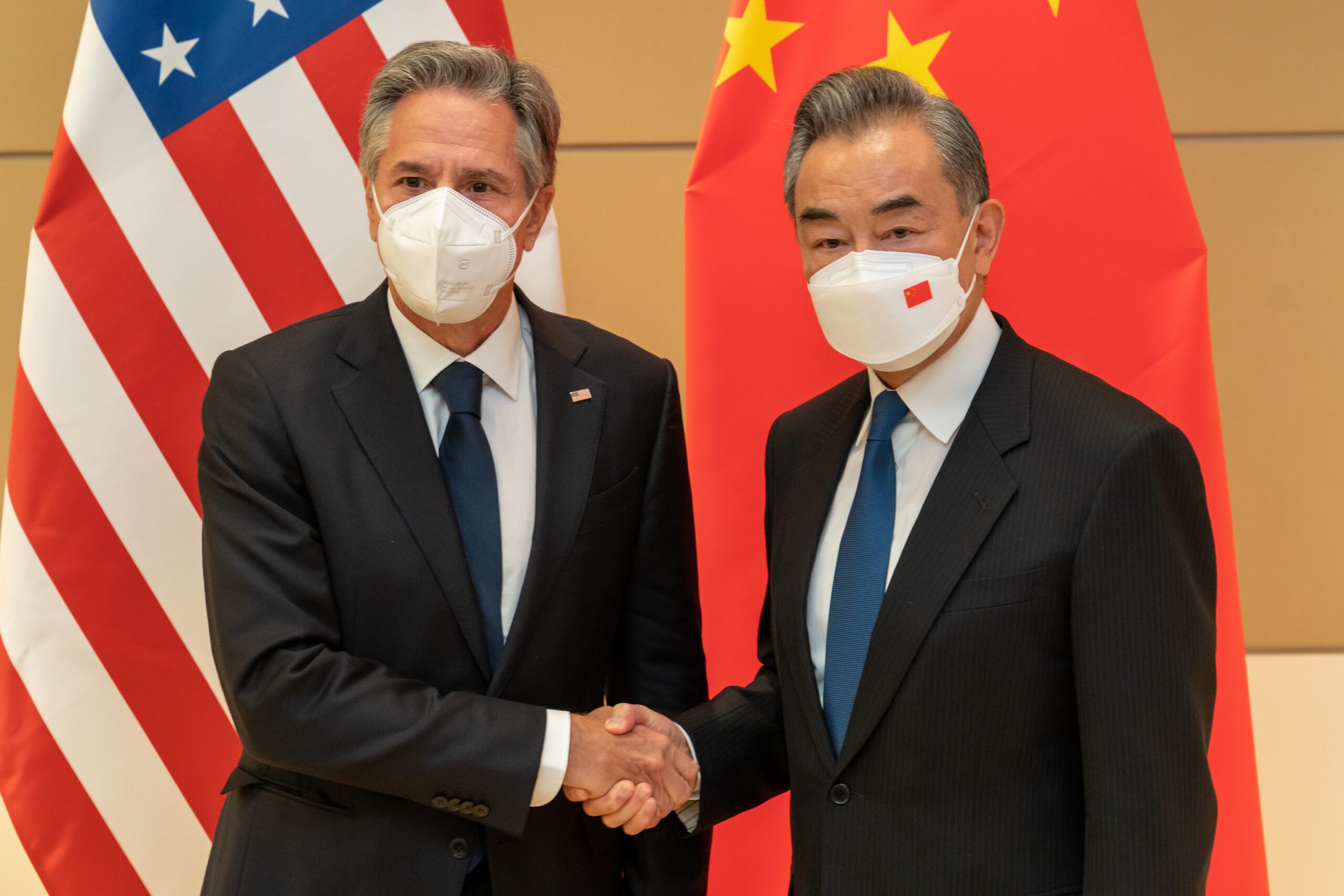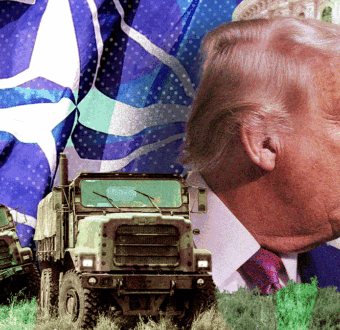Blinken and Xi seek stability with Asian countries on edge

A thaw between US and China would serve the economic and security interests of both countries. It also would alleviate the anxieties of Asians living in countries whose security is tightly wound up with America’s.
By Mark Hannah, Senior Fellow, and Lucas Robinson, External Relations Associate
This article appeared in The Boston Globe on June 19, 2023.
Secretary of State Antony Blinken just gave China its highest-level visit from a US official in about five years. This long hiatus in face-to-face meetings is curious given that China is widely seen as America’s principal geopolitical challenger. Blinken’s meetings with President Xi Jinping and China’s top foreign policy officials appear to have contributed to the “thaw,” predicted by President Biden last month, in the icy US-China relationship. Such a thaw — or as Xi called it after meeting Blinken on Monday, a “stabilizing” of the US-China relationship — would serve both countries’ economic and security interests. But there’s a less acknowledged benefit: It would alleviate the anxieties of Asians living in countries whose security is tightly wound up with America’s.
Blinken arrived in Beijing at a moment when relations between the United States and China are degrading. Without routine communication between the two sides’ militaries — suspended following then-House speaker Nancy Pelosi’s visit to Taiwan last year — competition could mutate into confrontation. Near collisions, such as those between US and Chinese naval vessels in the Taiwan Strait in early June and between aircraft over the South China Sea in late May, have become disturbingly common.
It’s easy to imagine how an accidental military confrontation could spiral out of control, so Blinken was wise to emphasize the need to reduce the potential for “misperception and miscalculation.” Revelations of a Chinese espionage operation in Cuba or a surveillance balloon drifting across US airspace can provoke the kind of panic and recrimination that disables diplomacy.
Many in Washington seem to have decided confrontation between the United States and China is all but inevitable. Republican Senator Marco Rubio of Florida warned that China is trying to “encircle” the United States. Then-US Representative Elaine Luria, a Democrat from Virginia, proclaimed in a speech in 2022 that the United States must stand up to China to “determine whose values rule the remainder of the 21st century.” In their loose talk of war, America’s political leaders make a prophecy that they themselves might fulfill.
Read more of Mark’s and Lucas’s article in The Boston Globe.

Written by Mark Hannah
Mark is a senior fellow with the Independent America project at the Institute for Global Affairs and host of IGA’s podcast, None Of The Above.

Written by Lucas Robinson
Lucas Robinson is an external relations associate at the Institute for Global Affairs.
This post is part of Independent America, a research program led out by Jonathan Guyer, which seeks to explore how US foreign policy could better be tailored to new global realities and to the preferences of American voters.





Why Big Tech’s push into military AI matters